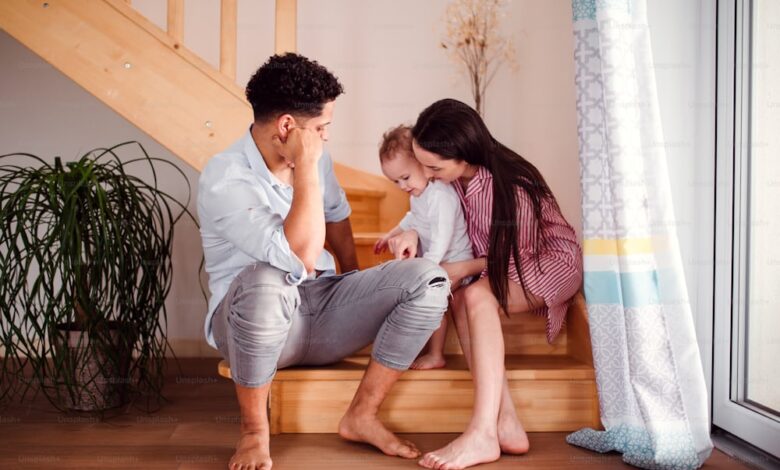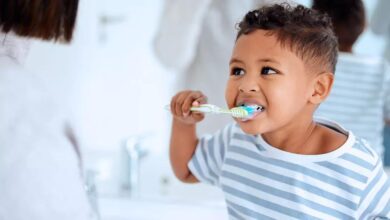The Emotional Toll of Divorce on Children and the Role of Couple Counselling

Divorce represents a significant emotional challenge not only for the partners involved but also for their children. The breakdown of a family unit can lead to various psychological impacts on young minds, ranging from feelings of loss and confusion to long-standing issues with trust and relationship-building. This article delves into how children are affected by their parents’ separation and the critical role that couple counselling can play in mitigating these effects.
Understanding the Psychological Impact on Children
Children perceive their family as a source of safety and stability. When a marriage dissolves, this sense of security is often shattered, leading to anxiety and uncertainty. Younger children may struggle to understand why their parents are no longer together and may even harbor feelings of guilt, believing they are somehow responsible. Adolescents, on the other hand, might experience anger and resentment, which can manifest in rebellious or withdrawn behaviors.
The psychological impact on children can vary depending on several factors, including their age, personality, and the level of conflict between their parents. Studies have shown that high-conflict environments can exacerbate stress in children, leading to issues such as depression and anxiety. Therefore, maintaining a cooperative and amicable atmosphere during separation is crucial for the children’s well-being.
The Benefits of Couple Counselling
During the turbulent times of a marital breakdown, couple counselling in Sydney offers a beacon of hope not only for the couple but also for their entire family. Engaging in counselling can provide estranged partners with the tools to manage their separation more amicably, focusing on constructive communication and collaborative problem-solving.
Couple counselling can be particularly beneficial in helping parents understand and prioritize the emotional needs of their children. Through therapy, parents can learn to set aside their differences and collaborate on co-parenting strategies that minimize the emotional toll on their children. This approach helps in creating a more stable and supportive environment for the kids, despite the changes in the family dynamics.
Promoting Healthy Emotional Development
The role of couple counselling extends beyond immediate conflict resolution. It also focuses on the long-term emotional health of the family. Counsellors help parents to build a new foundation for their relationship as co-parents, which involves open communication and mutual respect. By learning to manage their interactions and emotional responses, parents can model healthy behavior, teaching their children valuable lessons about dealing with conflicts and emotions.
Furthermore, couple counselling can sometimes lead to parents reconciling or, at least, to a smoother transition to their new lives. This stability is paramount for children who are navigating the uncertainties that come with their parents’ separation.
Conclusion
The dissolution of a marriage is never easy, and its effects on children can be profound and lasting. However, with the right support systems in place, such as family dynamics, parents can mitigate these impacts. Couple counselling plays a crucial role in this process, providing the necessary guidance and strategies to ensure that the emotional needs of all family members are addressed. By fostering a cooperative co-parenting environment, couple counselling helps in laying the groundwork for healthier and more resilient family relationships post-divorce.





